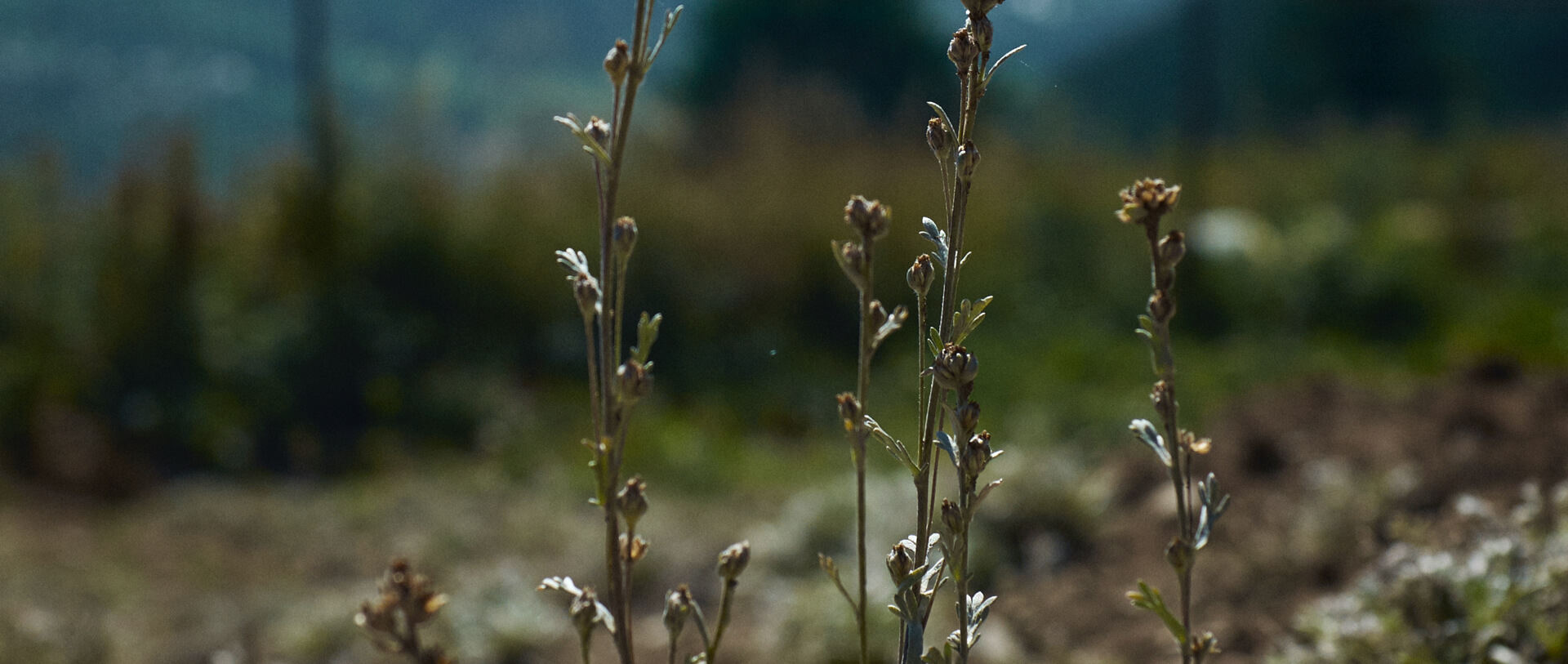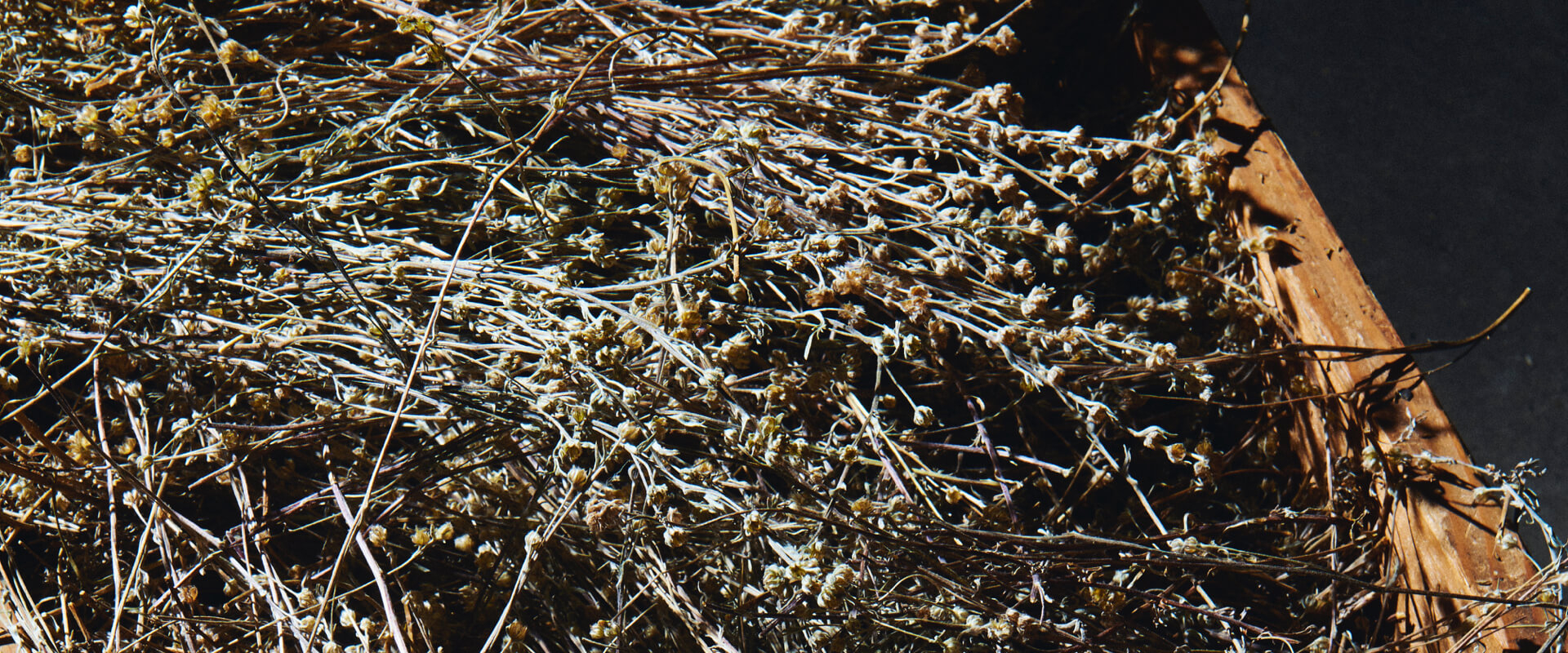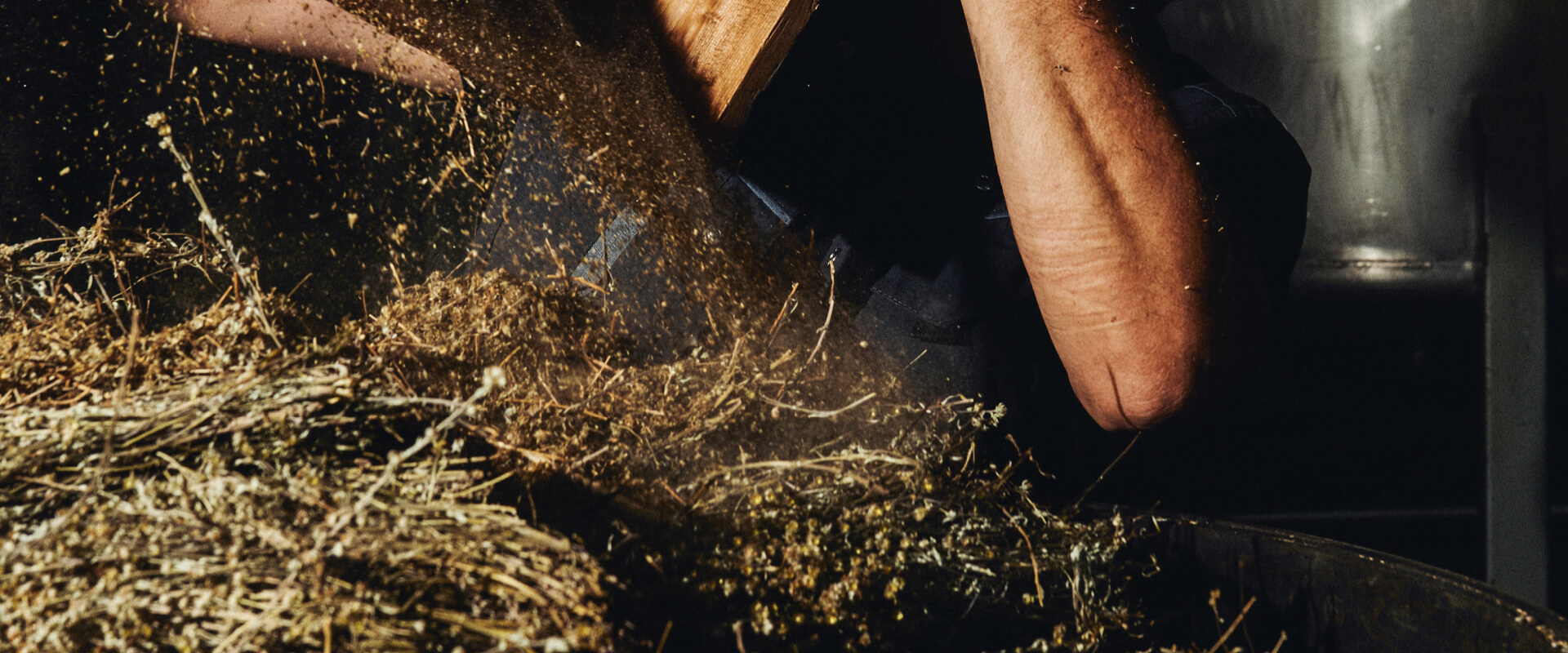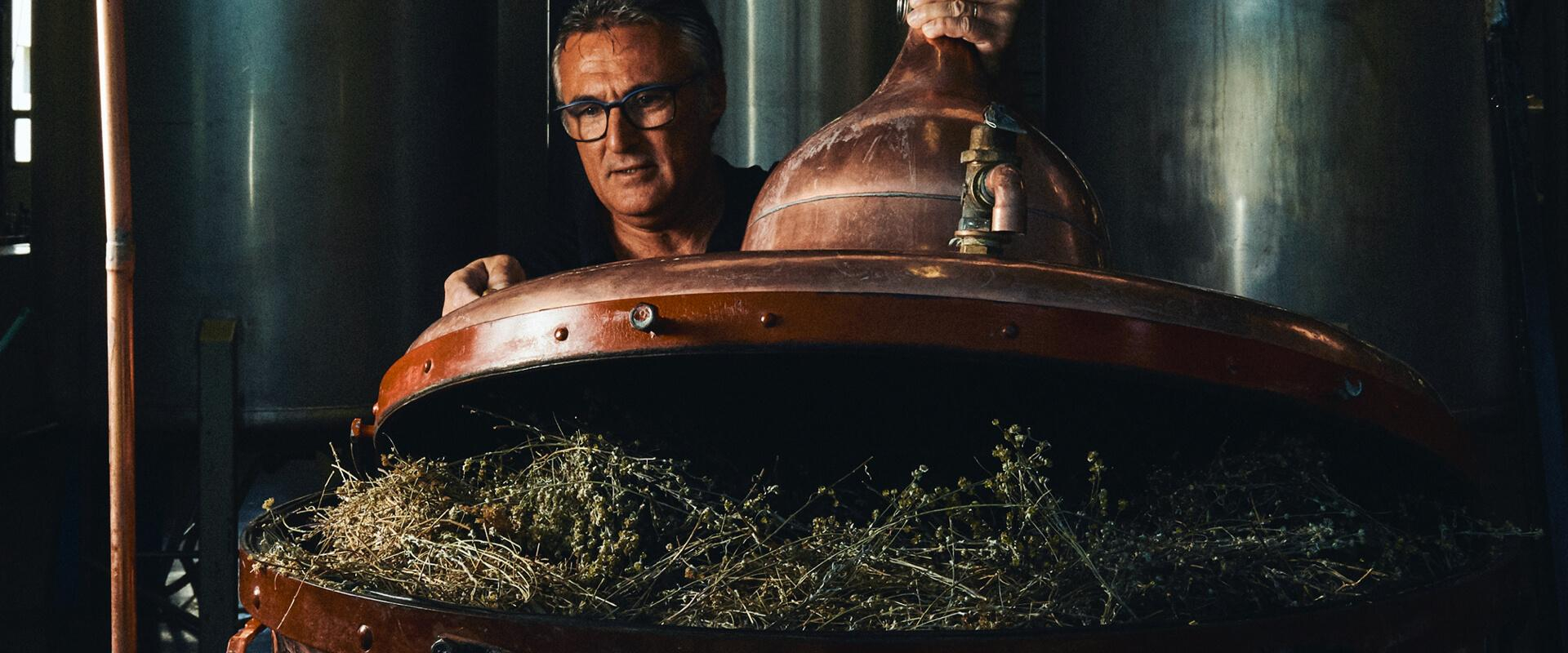
Everything you need to know about genepi (or genepy...!)


Genepi or genepy, we encounter it mainly in the form of a liqueur, as a digestive or in cocktails. But do you know all the secrets of this plant? Because yes, before being a liqueur with floral and herbaceous aromas, genepi is a wild plant from the Alps, endowed with many virtues. Focus on its specificities and its use.
The history of genepi
Genepi is a plant of the artemisia family that grows in the Alps between 1500 and 3000 meters above sea level. Historically, it was used by mountain people in the form of herbal teas to induce sweating during acute illnesses.
Genepi is known for its aromatic and medicinal properties. A plant whose essential oils evoke aromas that are both honeyed and herbaceous, it is also still considered by many alpine guides as a remedy against the failures that hikers may encounter. It has energizing, tonic, stimulating and stomatic properties.
The peak of its flowering is usually at the beginning of July. Genepi is a protected plant, the picking of which is regulated according to the departments and the massifs. Maison Meunier has chosen to create its own cultivation of genepi in Savoie, in order to control the quality of its supply of plants, and to preserve the Alpine massifs.
The different varieties of genepi
There are five different varieties of genepi, two of which are used at the Meunier distillery to make our plant distillates.
The yellow genepi or Artemisia Umberlliformis
This genepi is the variety that pickers encounter most frequently. On cultivated plants, the flowering branches are counted by several dozen. It flourishes from 1500 meters above sea level. When flowering, the branch is pale green in color and the yellow flowers adorn the stems all the way up. This variety offers very balanced aromas.
Black genepi or Artemisia Genipi
This rarer genepi grows at higher altitudes, making it more difficult to cultivate. Its flowers are much less numerous, with 2 to 5 flowering sprigs per plan. The flower stalk is thick and shorter, purplish/black in colour. The yellow flower heads are clustered at the top of the stem and surrounded by blackish bracts. This variety offers sharper, more powerful aromas.


Genepi liqueur
It was in 1809 that Charles Meunier, botanist and distiller, discovered the aromatic and medicinal virtues of the genepi plant. He then decided to distill it, accompanied by an aromatic bouquet of 14 alpine plants to balance the aromas. This is how Charles Meunier became the creator of the original recipe for genepi liqueur, which was then marketed by the Distillery.
Genepi aromas can be extracted in different ways: by maceration and by distillation.
Extraction by maceration
During this process, the plants are macerated in alcohol for several days to several weeks. All the aromas of the plant are preserved, as well as all the textures and colors. At the end of the maceration, the infusion obtained is mixed with sugar to be able to correct the excess bitterness. This very simple technique thus has the defect of offering consumers liqueurs that are often too sweet and too bitter. This is unfortunately the method most used by our liquorist colleagues.
Extraction by distillation
Distillation, through cuts, allows the Master Distiller to select the aromas he wishes to preserve. Thus, during a distillation, the "heads" and "tails" too loaded with impurities and excessively bitter essential oils are not preserved. This know-how makes it possible to obtain a balanced distillate, with lots of aromas, flavours and a low sugar content.
Within Maison Meunier, it is this distillation process that is used to produce Genepis with finer and more delicate aromas, through expertise mastered over 200 years.
You can find our genepis liqueurs directly on our e-shop.
Our stories

Are you of legal drinking age in your country of residence?
ALCOHOL ABUSE IS HARMFUL. PLEASE DRINK RESPONSIBLY.








